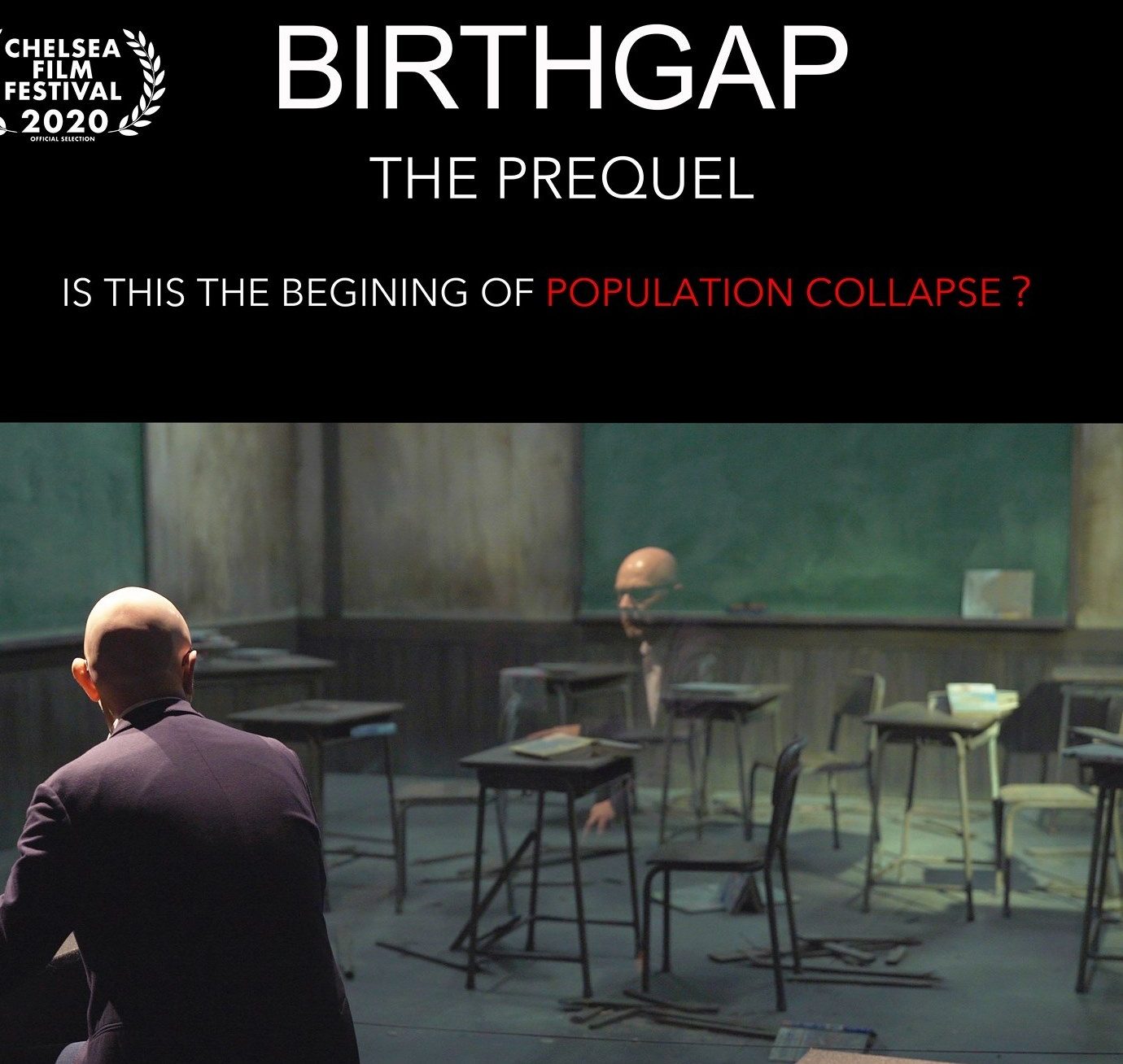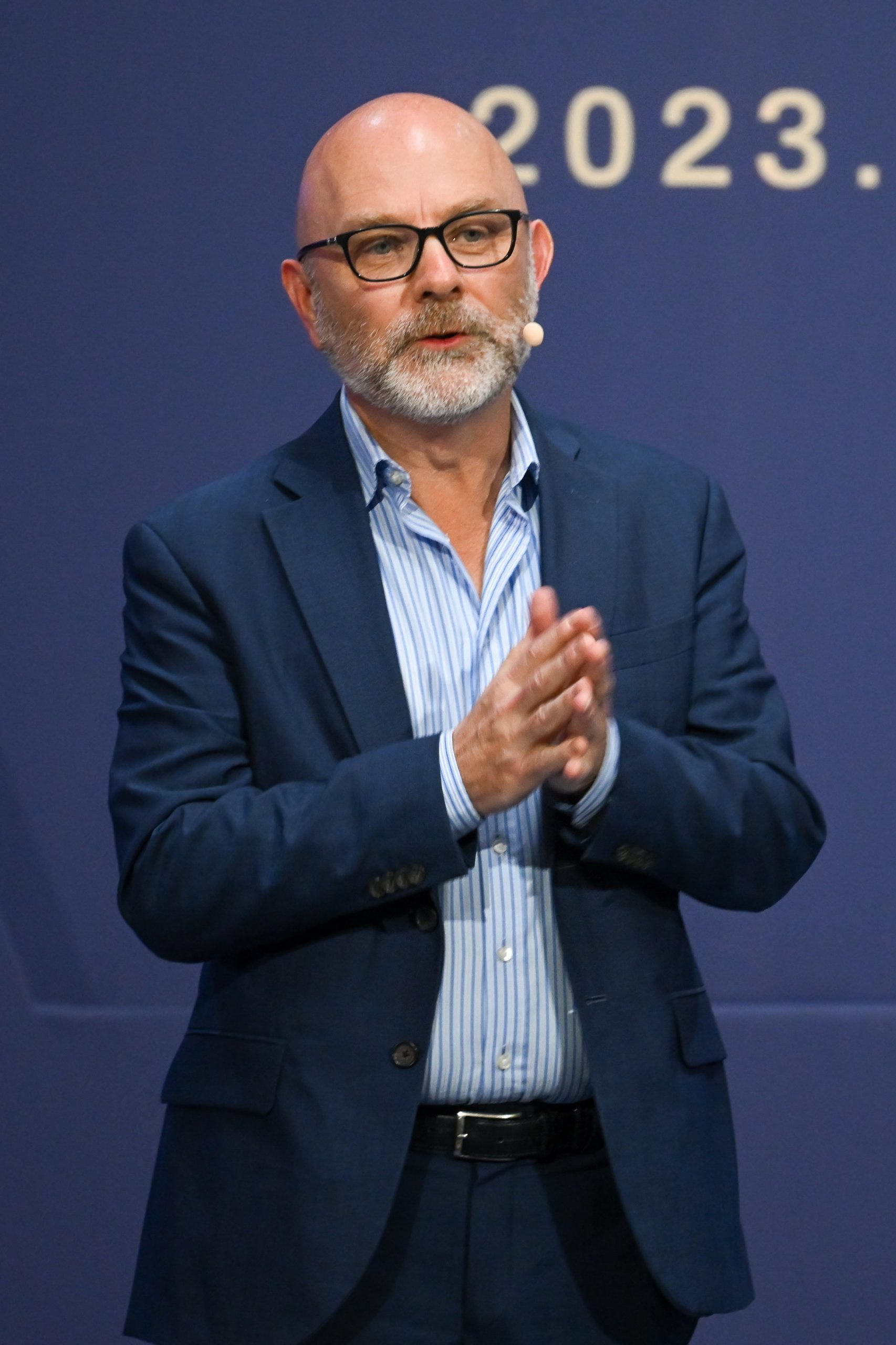
The Hungarian reversal of birthrate decline is unique, but the country is not out of the woods yet.Continue reading

Documentarist and internationally renowned demographer Stephen J. Shaw was a guest at the V. Demographic Summit in Budapest on Friday. Among other things, he talked about the reasons behind childlessness and pointed out that many people wanted to have children but eventually were unable to do so due to various factors.
Shaw began his presentation telling how he had met a 24-year-old girl who thought she had about 10 years to find a partner and get pregnant. However, he pointed out that any woman over 30 who has not yet had a child has, at best, only a 50 percent chance of becoming a mother. Israel is the only country where this age is extended by one year to 31. When seeing the rough figures, the 24-year-old realized she had five years instead of 10. After initial anger, she approached Shaw, with whom they began a joint documentary project, exploring the factors behind childlessness worldwide.

Stephen J. Shaw at the summit. Photo: MTI/Illyés Tibor
During his presentation, the demographer showed excerpts from the documentary. For example, he revealed that in Japan, the problem of reconciling family and work is the main reason for not having children, while in Italy it is the high rate of youth unemployment. It also quickly became clear that the causes are not linked, even though the problem is the same everywhere in the world: demographic decline.
Today, for a country to maintain its population and even achieve growth, it would need a fertility rate of 2.1.
Shaw pointed out that if countries do not achieve this, there is no going back from there- below a rate of 2, sustaining a society is simply in danger. But what is behind the negative trend in fertility rates? Shaw pointed out that the number of women having three or four children has already fallen quite significantly, and it is now more common for a woman to have between zero and two children.
The number of childless women has been increasing over the last 50 years, and in Japan and Italy, for example, the number of expected children is the same as in the 1970s.
The documentary interviewed around 230 people from 24 countries, who all gave different reasons for not having children. Some said they had not yet had a child because they did not own their own home, or because they did not feel ready for parenthood.
It soon became apparent that there is no unifying theory about what is the common thread in the decline in childbearing worldwide, and in many cases young people can no longer explain why they are struggling to have children.
It can be argued that economic and political factors also have a major impact on the desire to have children, and we are now faced with the fact that one in three women globally is childless. According to Shaw, the question is no longer why women are not having two to three children, but why they are not having any. He also pointed out that
only about five percent of people are happily childless, but 80 percent would have liked a child but did not have one.
At the same time, there are also some who are consciously planning to be childless, and many prefer to start a family in the second half of their 30s. Those in the latter group reported in the documentary that they are waiting beyond 30 to have children because they are looking for a partner and because they have ambitions at work and financially.
There are also people who are over 30 and worried about not having children.
‘I just assumed it would happen’: the unspoken grief of childless men https://t.co/j5iNrlpcP9
— Dr Robin Hadley (@RobinHadley1) August 28, 2023
Their situation is also very different, with one woman reporting that she cannot find a partner she would like to have a child with, but hope she will have the opportunity. However, she added that she should have started looking seriously for a partner earlier.
Several women also said that they feel they are running out of time, which is pushing them towards alternative childbearing.
One woman in her 40s said that she had just had her IVF implantation three weeks ago with a sperm donor. However, at this age there are many potential complications and it turned out that although the implantation was successful, the woman lost the fetus a few weeks later.
Shaw pointed out that 80 percent of childless people had planned a family and now regretted not having one. He concluded by stressing that until we find a cure for why people want children but do not have them, the situation will not change.
Featured photo via MTI/Illyés Tibor